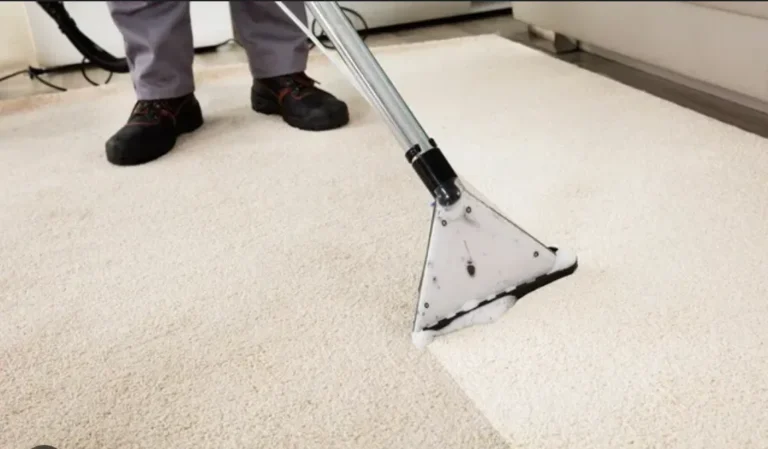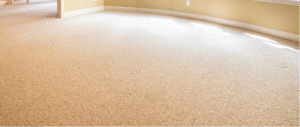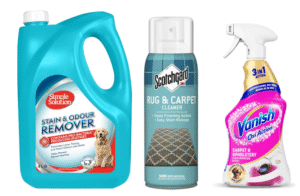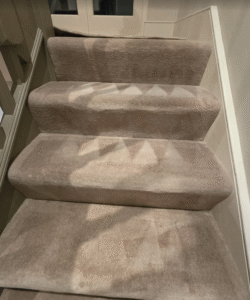London's #1 End of Tenancy Specialists
- Home
- Our Services
- Domestic Cleaning
- Deep Cleaning
- Carpet Cleaning
- End of Tenancy Cleaning
- Barnet
- Battersea
- Brixton
- Camden
- Canary Wharf
- Chelsea
- Clapham
- Ealing
- Edmonton
- Enfield
- Fulham
- Greenwich
- Hackney
- Hammersmith
- Hampstead
- Harrow
- Ilford
- Islington
- Kensington
- Kilburn
- Lewisham
- Maida Vale
- Marylebone
- Mayfair
- Paddington
- Pimlico
- Putney
- Richmond
- Shepherds Bush
- Soho
- Stratford
- Tottenham
- Victoria
- Wembley
- Westminster
- Wandsworth
- After Build Cleaning
- Ultimate Housekeeping
- Contact
- Blog
- Join Us!
- Home
- Our Services
- Domestic Cleaning
- Deep Cleaning
- Carpet Cleaning
- End of Tenancy Cleaning
- Barnet
- Battersea
- Brixton
- Camden
- Canary Wharf
- Chelsea
- Clapham
- Ealing
- Edmonton
- Enfield
- Fulham
- Greenwich
- Hackney
- Hammersmith
- Hampstead
- Harrow
- Ilford
- Islington
- Kensington
- Kilburn
- Lewisham
- Maida Vale
- Marylebone
- Mayfair
- Paddington
- Pimlico
- Putney
- Richmond
- Shepherds Bush
- Soho
- Stratford
- Tottenham
- Victoria
- Wembley
- Westminster
- Wandsworth
- After Build Cleaning
- Ultimate Housekeeping
- Contact
- Blog
- Join Us!
London's #1 End of Tenancy Specialists

How to Keep Your Carpet Clean: A Comprehensive Guide
Carpets add warmth, comfort, and aesthetic appeal to any home. However, they also attract dust, dirt, allergens, and stains. Maintaining a clean carpet is not just about appearance—it also promotes better air quality and extends the life of your flooring investment. In this comprehensive guide, we will explore how to keep your carpets clean with both daily practices and long-term care strategies.
Daily and Weekly Maintenance
- Vacuum Regularly
One of the simplest and most effective ways to maintain a clean carpet is to vacuum frequently. High-traffic areas should be vacuumed daily or every other day, while less-used areas can be vacuumed once or twice a week. Use a vacuum cleaner with strong suction and a HEPA filter (High-Efficiency Particulate Air) to remove fine dust and allergens.
- Address Spills Immediately
The quicker you clean a spill, the less likely it is to leave a permanent stain. Blot (don’t rub) the spill with a clean, dry cloth or paper towel to absorb as much liquid as possible. Then apply a suitable carpet cleaner or a mixture of water and mild detergent to clean the area.
- Use Doormats and Remove Shoes
Prevent dirt and debris from entering your home by placing doormats at all entrances. Encourage family members and guests to remove their shoes upon entering to minimise the dirt that reaches your carpet.
- Use Area Rugs in High-Traffic Areas
Place rugs or runners in areas that receive a lot of foot traffic, such as hallways and living room entrances. These rugs take the brunt of wear and tear and are easier to clean or replace than wall-to-wall carpeting.
Deep Cleaning / Steam Cleaning
Even with regular vacuuming, carpets accumulate embedded dirt and oils. Deep cleaning should be done every 6 to 12 months. You can either hire a professional carpet cleaning service or rent a carpet cleaning machine.
Steam cleaning uses hot water extraction to remove deep-seated dirt, allergens, and bacteria. It is one of the most effective carpet cleaning methods and should be considered at least once a year.

Spot and Stain Removal Tips
Pet Stains
For accidents involving pets, it’s crucial to clean the area promptly to avoid odours and bacteria. Use an enzyme-based cleaner specifically designed for pet stains.
Red Wine and Coffee
Blot the spill immediately, then apply a solution of water and white vinegar or a carpet stain remover. For red wine, club soda can also be effective.
Grease or Oil
Apply a small amount of dishwashing liquid mixed with warm water to break down greasy stains. Blot gently with a cloth until the stain lifts.
Ink Stains
Rubbing alcohol can help dissolve ink stains. Dab a small amount onto a clean cloth and gently blot the stain.
Mud and Dirt
Allow mud to dry completely before attempting to clean. Once dry, vacuum up as much as possible, then blot the area with a mixture of warm water and mild detergent.
Blood Stains
Use cold water and blot the stain with a clean cloth. Avoid warm or hot water, which can set the stain. If necessary, use a solution of water and salt or hydrogen peroxide.
Chewing Gum and Wax
Harden the gum or wax with an ice cube, then gently scrape it off using a spoon or dull knife. Use a small amount of rubbing alcohol or carpet cleaner to remove any residue.
Juice and Soda
Blot the spill, then use a mixture of one part vinegar and one part water to clean the area. Finish by blotting with a clean, dry cloth.

Long-Term Preventative Measures
Invest in Carpet Protectors
Consider using carpet protectors under furniture to prevent crushing and stains. Fabric protectors like Scotchgard can also create a barrier against spills and make cleaning easier.
Groom Your Pets Regularly
Regular brushing reduces the amount of fur and dander that ends up in your carpet. Keep pet nails trimmed to avoid snagging carpet fibres.
Air Filtration and Humidity Control
Using air purifiers and maintaining indoor humidity between 40-60% helps control dust mites and allergens that settle in carpets.
Replace Worn Carpets
Even with excellent care, carpets eventually wear out. If your carpet is threadbare, stained beyond cleaning, or has lingering odours, it may be time to replace it.
Choosing the Right Products and Tools
- Vacuum Cleaners: Look for vacuums with adjustable height settings and HEPA filters.
- Carpet Shampooers: Ideal for deep cleaning; available for purchase or rental.
- Brushes and Scrubbers: Use soft-bristled brushes to avoid damaging carpet fibers.
- Stain Removers: Choose non-toxic, carpet-safe formulas. Always test in an inconspicuous area.
If you prefer natural alternatives, several household items can be used for eco-friendly carpet cleaning:
- Vinegar: Great for general cleaning and odour removal.
- Baking Soda: Effective deodoriser.
- Lemon Juice: Natural bleaching agent for light carpets.
- Castile Soap: Gentle and effective when diluted.
Conclusion
Keeping your carpet clean requires a combination of daily habits and occasional deep cleaning. By understanding how to care for your carpets properly, you not only improve the appearance of your home but also create a healthier living environment. Whether you choose to do it yourself or using professional services, the key is consistency. With the right tools and strategies, your carpets can look fresh and feel comfortable for many years to come.
If you need a professional Carpet, End of Tenancy, Deep of After Build Cleaning Service, please contact Scrubs Cleaning.


